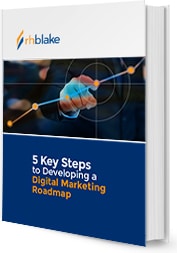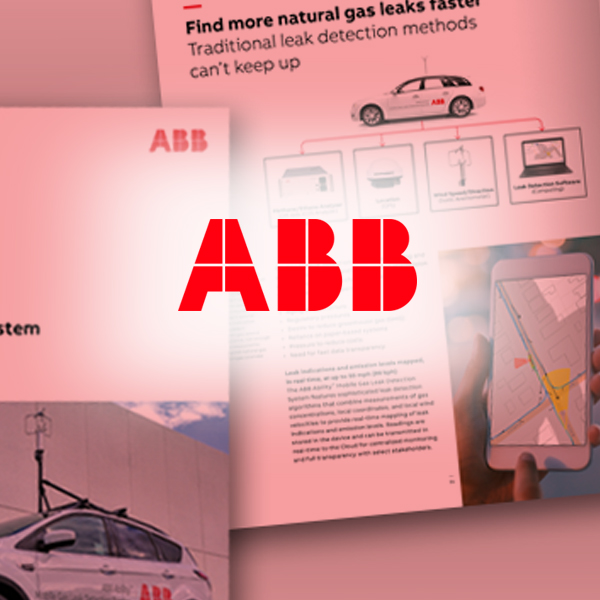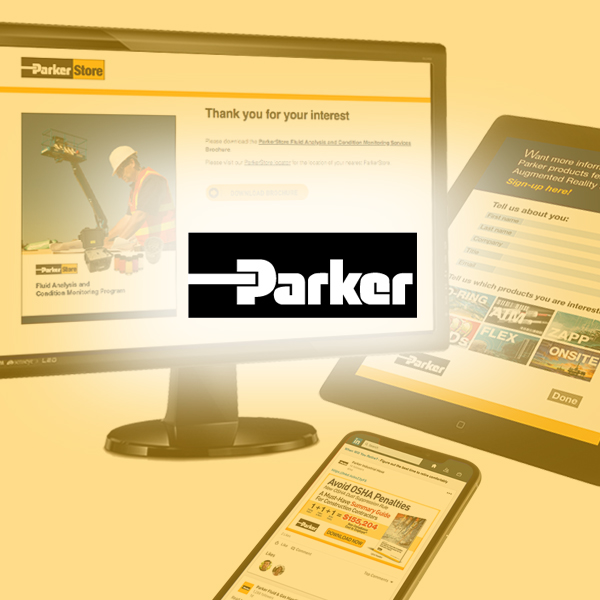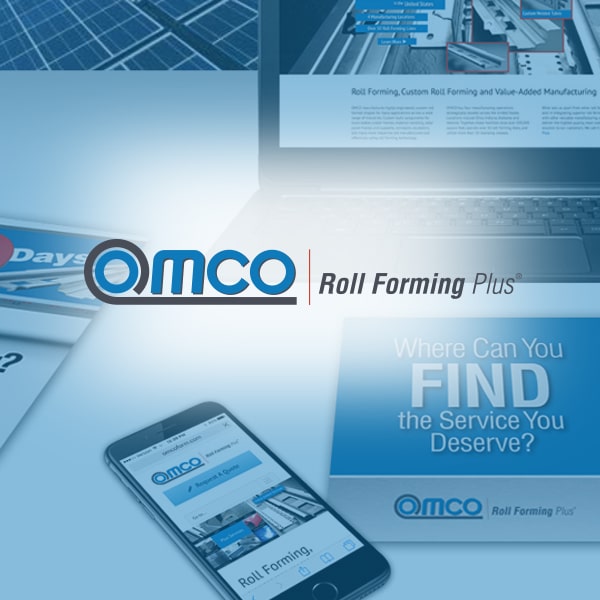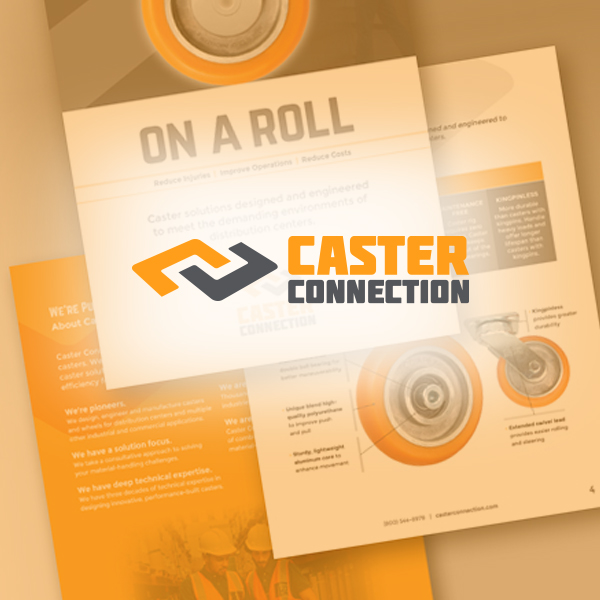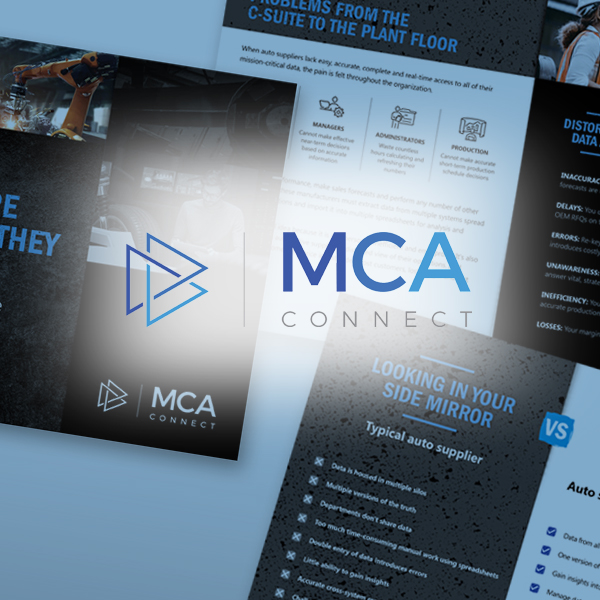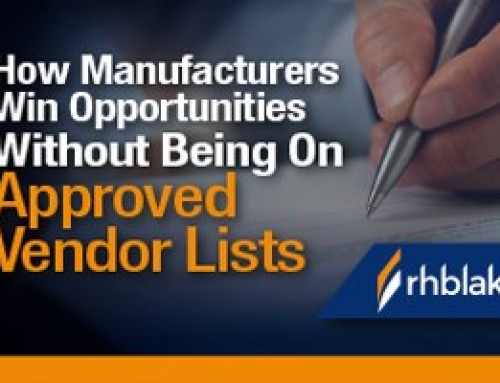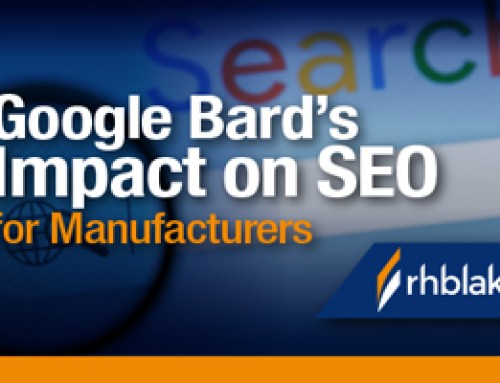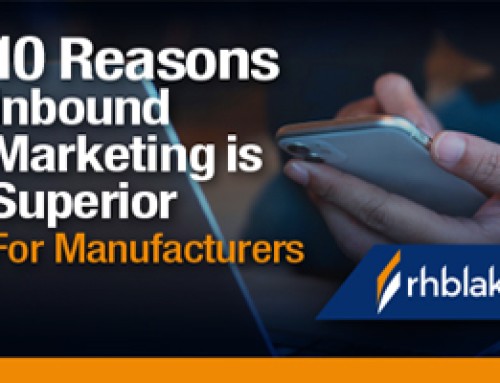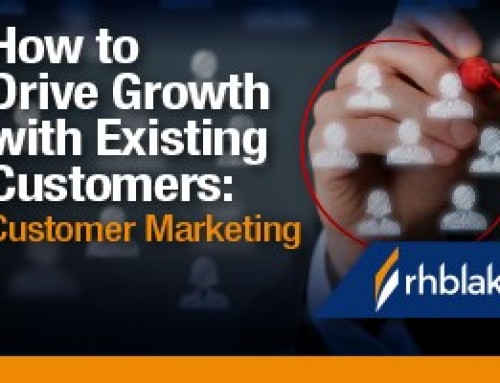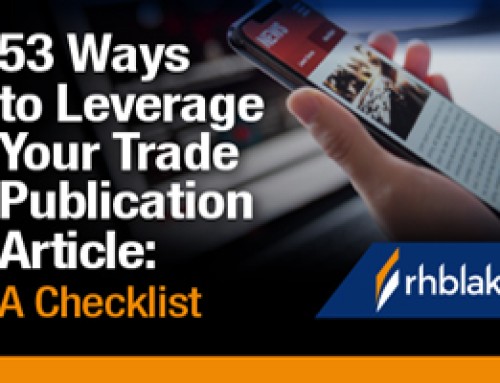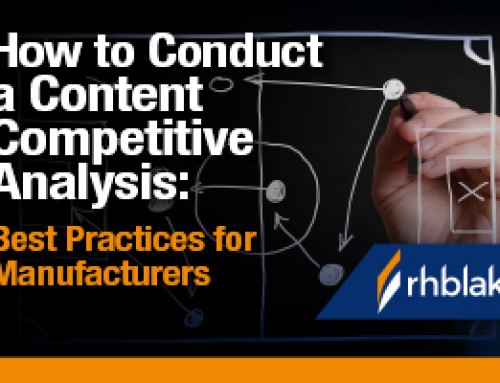Why Smart Manufacturers Are Aligning Marketing Programs with Compelling Events
As a manufacturer, you uniquely understand that creating marketing programs that grab the attention of your target accounts and compel them to take action can be challenging. One way to help generate more opportunities and with increased cost-effectiveness is by capitalizing on compelling events at your target accounts.
What Are Compelling Events?

When we refer to compelling events, we’re talking about events that can significantly impact your customers and their thinking.
These events are essential for any B2B buyer persona. They can be personal or firmographic, but they must be compelling enough to drive the decision-making process. Some of the most common compelling events are:
- Leadership change: A new leader brings about changes that affect how your prospect’s business operates.
- Safety incidents: An accident or incident underscores the importance of safety in the workplace.
- Environmental accidents: A spill or other environmental incident highlights the need for improved ecological controls.
- New threats: A new competitor or threat increases the urgency to act.
- Change in market conditions: A change in the economic climate or other market conditions necessitates a review of your customer’s business operations.
- Change in ownership: A change in ownership of a key supplier or customer necessitates a review of current business relationships.
- Facility optimization: The need for your customer to optimize their facility for improved efficiency drives changes in how they operate.
Each event triggers thinking into considering a new approach or solution, and provides valuable information about your buyer’s pain points.
The Need to Accurately Identify Customer Pains
Timing is everything with marketing, and one of the most important factors to consider is aligning your marketing programs with compelling events. If you can discover the root cause of why customers are feeling pain, you can then use that information to develop a marketing strategy that more closely aligns with their needs. And as a result, increase the likelihood of driving better marketing results.
The Consequences of Overlooking Compelling Events
Several consequences arise from failing to align your marketing with compelling events.
One of the most significant risks is a misalignment of messaging and missed marketing or product launch targets. With new technology, buyers have more control over what content they see and when they see it. Because of this, you need to be strategic about when and how you deliver your messages.
Identifying Compelling Events
It can be challenging to identify a customer’s compelling events as an external entity. However, there are several approaches that may help.
Discovering Events
One great way to get ideas for events your customers might experience is to conduct Voice of Customer Interviews (VoCs). You can conduct these in person, over the phone, or even via email.
Ask your customers many questions about their business — what challenges they’re facing and what trends they see in their industry — and then use that information to develop a list of potential events.
Another approach is to interview customer-facing folks within your own company. These are the people who are on the front lines, dealing with customers day in and day out. They have a good idea of what’s happening in the industry and what your customers might be experiencing. Again, you’ll want to ask many questions and then use that information to generate a list of compelling events.
Tracking Events
Another way to stay on top of what’s happening at a target customer’s company is to monitor role and responsibility changes. After all, when a new person assumes a position of power, they often bring new ideas and approaches in an effort to advance the business. LinkedIn is an excellent platform for tracking these changes, as it’s frequently updated with the latest news.
Another way to track compelling events is by monitoring the sector through publicly available information. The U.S. Securities and Exchange Commission (SEC) requires public companies to disclose certain information, so this is an excellent place to start when looking for news about mergers, acquisitions, or other significant changes in the industry.
The SEC website includes a searchable database of filings called EDGAR, which stands for Electronic Data Gathering, Analysis, and Retrieval system.
How to Align Your Marketing Programs with Compelling Events
Now that you know how to identify compelling events, it’s time to figure out how to most effectively use them in your marketing programs.
First, you’ll need to categorize these events and paint a picture for your strategy. Create a table of compelling events, with columns for the event itself, the target customer, and any content gaps, pain points, and solutions you offer.
Example:
| Compelling event | Target customer/audience | Existing content |
|---|---|---|
| Safety incident | Oil/Gas facility | Use Case Video – ‘X ways our technology solution can help mitigate safety risks within Oil/Gas facilities’ |
| Change in leadership | VP of Operations at Chemical Facility | Ebook – ‘X ways Chemical Facilities can reduce downtime: What every VP of Operations should consider during their first 90 days on the job’ |
| Supply Chain Disruption | Supply Chain Manager at Chemical Pump Manufacturer | Article in targeted publication – X Benefits of redundant suppliers: What every Supply Chain Manager at Chemical Pump Manufacturers must consider |
Once you have this information, prioritize your marketing messaging, assets, and programs to make the most impact. By planning and aligning your marketing efforts with relevant events, you reach your target audience more effectively.
Consider Crafting a Successful B2B Marketing Strategy with RH Blake
Will you capitalize on compelling events or miss out on opportunities and let your competition get ahead?
At RH Blake, we specialize in B2B marketing strategies for the manufacturing ecosystem. With hundreds of Voice of the Customer interviews performed as part of our RH Blake Growth Roadmap™ and more than 30 years of specialized experience, we can help you identify the most impactful and relevant events for your business, and then develop and implement a growth plan to help drive your success.
Contact us today to learn more about how we help you create an effective B2B marketing strategy that capitalizes on compelling events.
Why Smart Manufacturers Are Aligning Marketing Programs with Compelling Events
As a manufacturer, you uniquely understand that creating marketing programs that grab the attention of your target accounts and compel them to take action can be challenging. One way to help generate more opportunities and with increased cost-effectiveness is by capitalizing on compelling events at your target accounts.
What Are Compelling Events?

When we refer to compelling events, we’re talking about events that can significantly impact your customers and their thinking.
These events are essential for any B2B buyer persona. They can be personal or firmographic, but they must be compelling enough to drive the decision-making process. Some of the most common compelling events are:
- Leadership change: A new leader brings about changes that affect how your prospect’s business operates.
- Safety incidents: An accident or incident underscores the importance of safety in the workplace.
- Environmental accidents: A spill or other environmental incident highlights the need for improved ecological controls.
- New threats: A new competitor or threat increases the urgency to act.
- Change in market conditions: A change in the economic climate or other market conditions necessitates a review of your customer’s business operations.
- Change in ownership: A change in ownership of a key supplier or customer necessitates a review of current business relationships.
- Facility optimization: The need for your customer to optimize their facility for improved efficiency drives changes in how they operate.
Each event triggers thinking into considering a new approach or solution, and provides valuable information about your buyer’s pain points.
The Need to Accurately Identify Customer Pains
Timing is everything with marketing, and one of the most important factors to consider is aligning your marketing programs with compelling events. If you can discover the root cause of why customers are feeling pain, you can then use that information to develop a marketing strategy that more closely aligns with their needs. And as a result, increase the likelihood of driving better marketing results.
The Consequences of Overlooking Compelling Events
Several consequences arise from failing to align your marketing with compelling events.
One of the most significant risks is a misalignment of messaging and missed marketing or product launch targets. With new technology, buyers have more control over what content they see and when they see it. Because of this, you need to be strategic about when and how you deliver your messages.
Identifying Compelling Events
It can be challenging to identify a customer’s compelling events as an external entity. However, there are several approaches that may help.
Discovering Events
One great way to get ideas for events your customers might experience is to conduct Voice of Customer Interviews (VoCs). You can conduct these in person, over the phone, or even via email.
Ask your customers many questions about their business — what challenges they’re facing and what trends they see in their industry — and then use that information to develop a list of potential events.
Another approach is to interview customer-facing folks within your own company. These are the people who are on the front lines, dealing with customers day in and day out. They have a good idea of what’s happening in the industry and what your customers might be experiencing. Again, you’ll want to ask many questions and then use that information to generate a list of compelling events.
Tracking Events
Another way to stay on top of what’s happening at a target customer’s company is to monitor role and responsibility changes. After all, when a new person assumes a position of power, they often bring new ideas and approaches in an effort to advance the business. LinkedIn is an excellent platform for tracking these changes, as it’s frequently updated with the latest news.
Another way to track compelling events is by monitoring the sector through publicly available information. The U.S. Securities and Exchange Commission (SEC) requires public companies to disclose certain information, so this is an excellent place to start when looking for news about mergers, acquisitions, or other significant changes in the industry.
The SEC website includes a searchable database of filings called EDGAR, which stands for Electronic Data Gathering, Analysis, and Retrieval system.
How to Align Your Marketing Programs with Compelling Events
Now that you know how to identify compelling events, it’s time to figure out how to most effectively use them in your marketing programs.
First, you’ll need to categorize these events and paint a picture for your strategy. Create a table of compelling events, with columns for the event itself, the target customer, and any content gaps, pain points, and solutions you offer.
Example:
| Compelling event | Target customer/audience | Existing content |
|---|---|---|
| Safety incident | Oil/Gas facility | Use Case Video – ‘X ways our technology solution can help mitigate safety risks within Oil/Gas facilities’ |
| Change in leadership | VP of Operations at Chemical Facility | Ebook – ‘X ways Chemical Facilities can reduce downtime: What every VP of Operations should consider during their first 90 days on the job’ |
| Supply Chain Disruption | Supply Chain Manager at Chemical Pump Manufacturer | Article in targeted publication – X Benefits of redundant suppliers: What every Supply Chain Manager at Chemical Pump Manufacturers must consider |
Once you have this information, prioritize your marketing messaging, assets, and programs to make the most impact. By planning and aligning your marketing efforts with relevant events, you reach your target audience more effectively.
Consider Crafting a Successful B2B Marketing Strategy with RH Blake
Will you capitalize on compelling events or miss out on opportunities and let your competition get ahead?
At RH Blake, we specialize in B2B marketing strategies for the manufacturing ecosystem. With hundreds of Voice of the Customer interviews performed as part of our RH Blake Growth Roadmap™ and more than 30 years of specialized experience, we can help you identify the most impactful and relevant events for your business, and then develop and implement a growth plan to help drive your success.
Contact us today to learn more about how we help you create an effective B2B marketing strategy that capitalizes on compelling events.
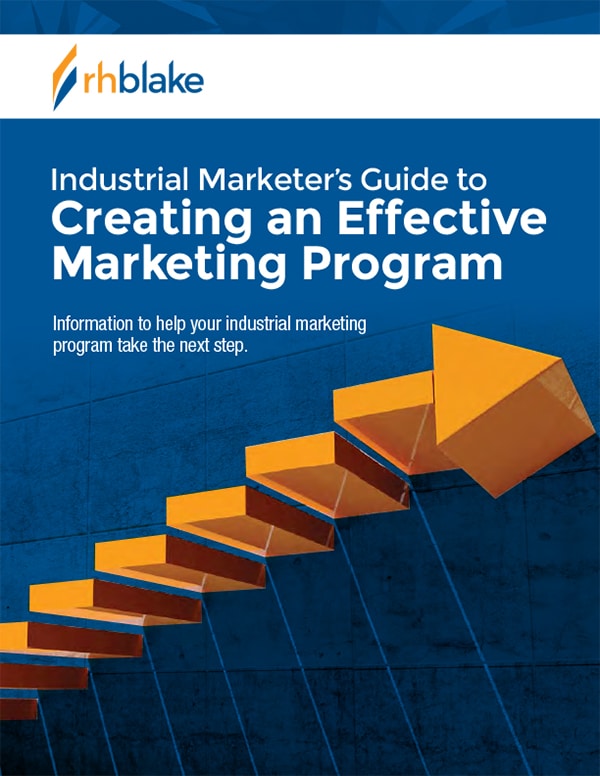
Industrial Marketer’s Guide to Creating an Effective Marketing Program
147 pages of actionable ideas to help you create a winning marketing strategy and program

Industrial Marketer’s Guide to Creating an Effective Marketing Program
147 pages of actionable ideas to help you create a winning marketing strategy and program
Related Clients


